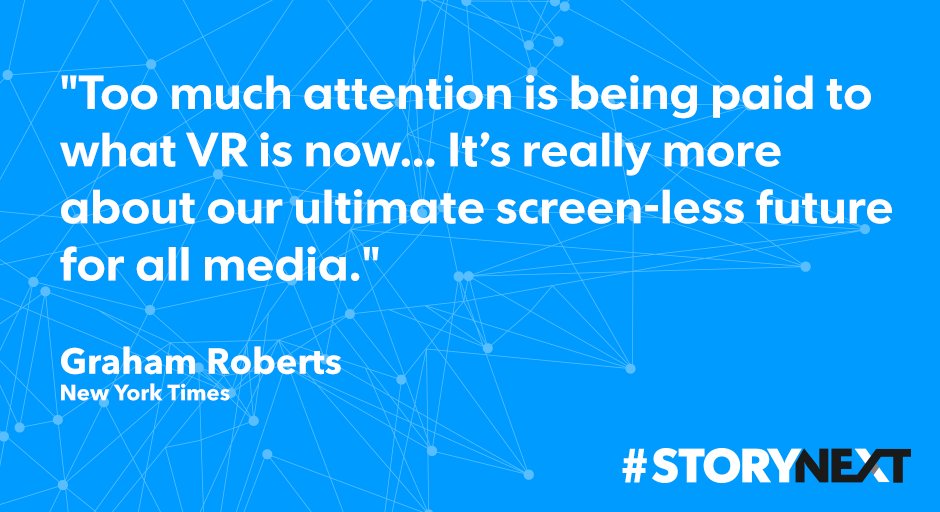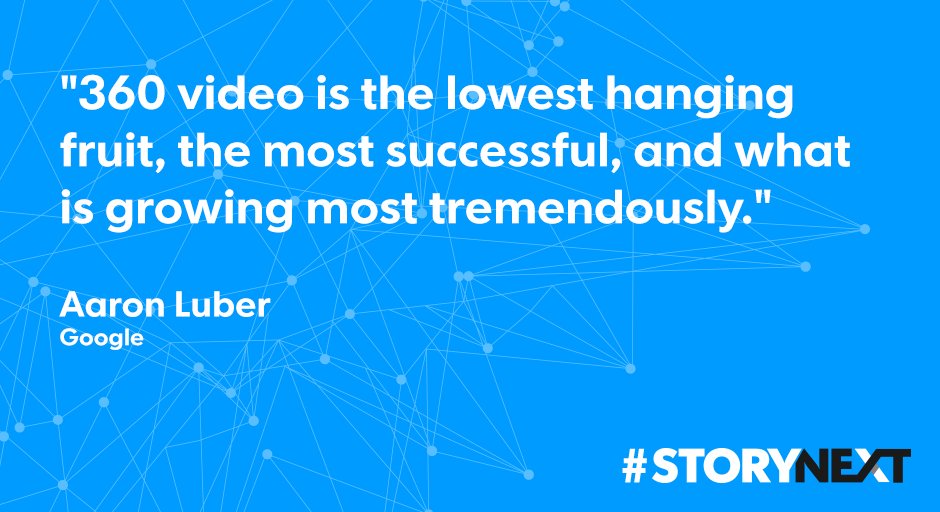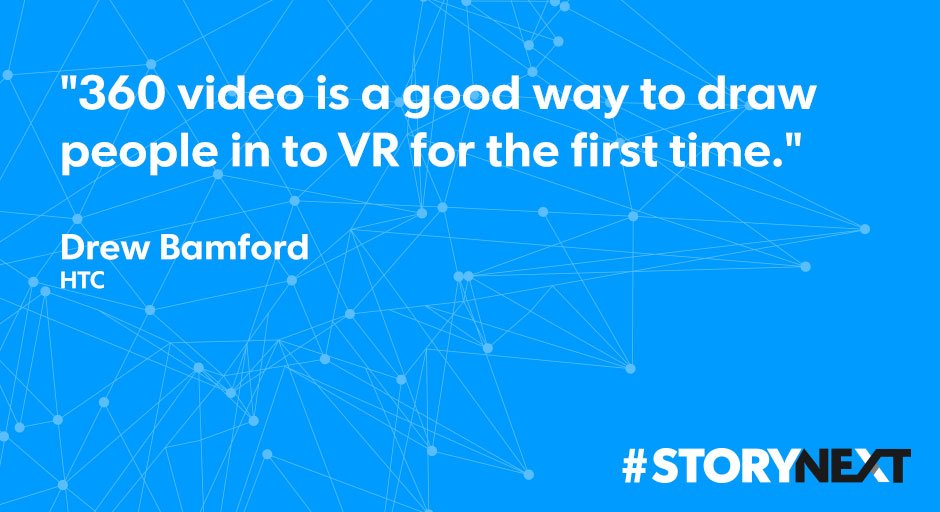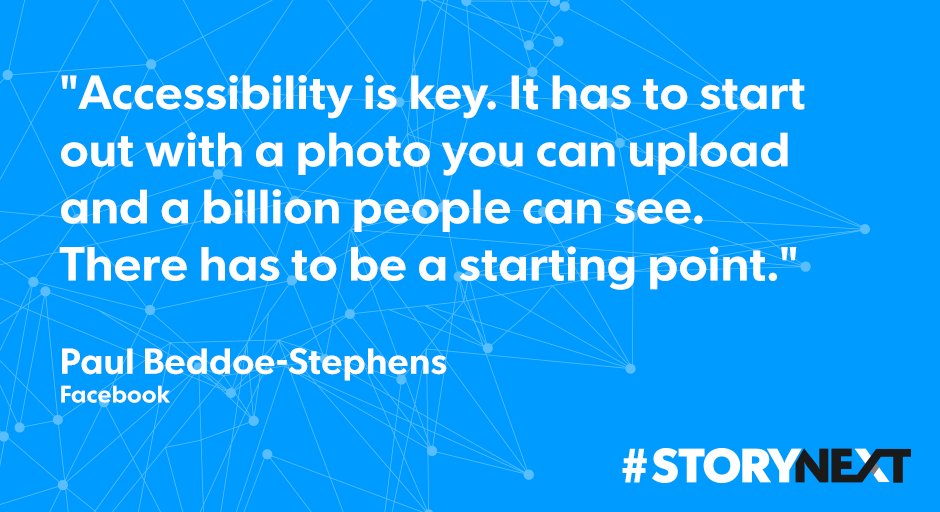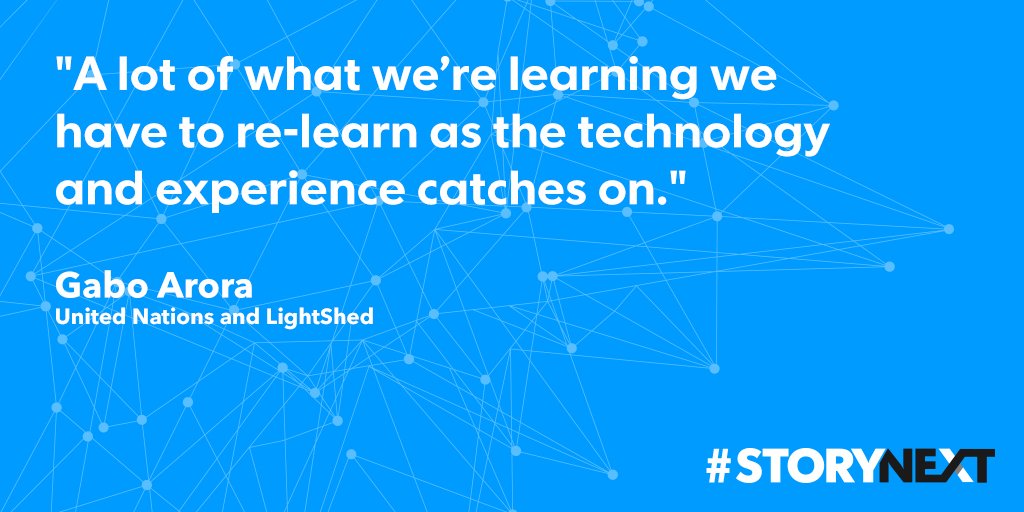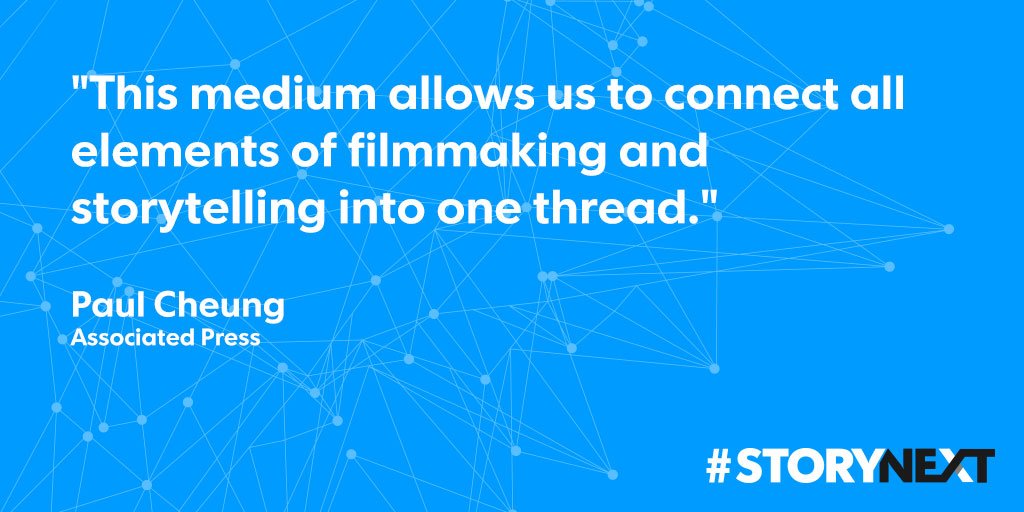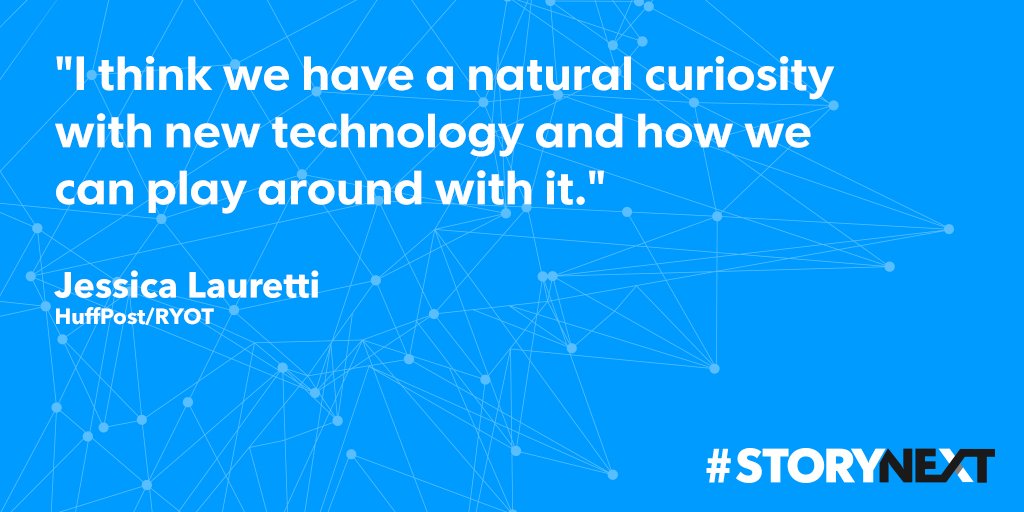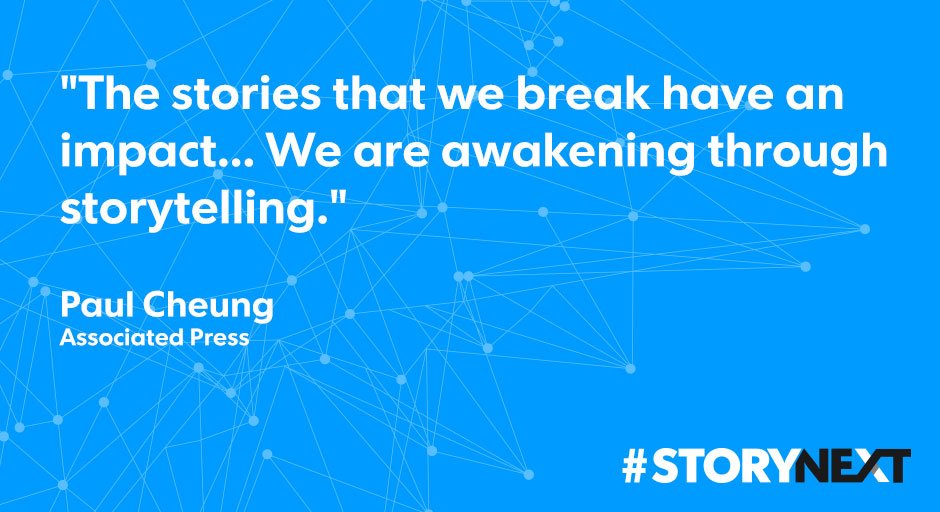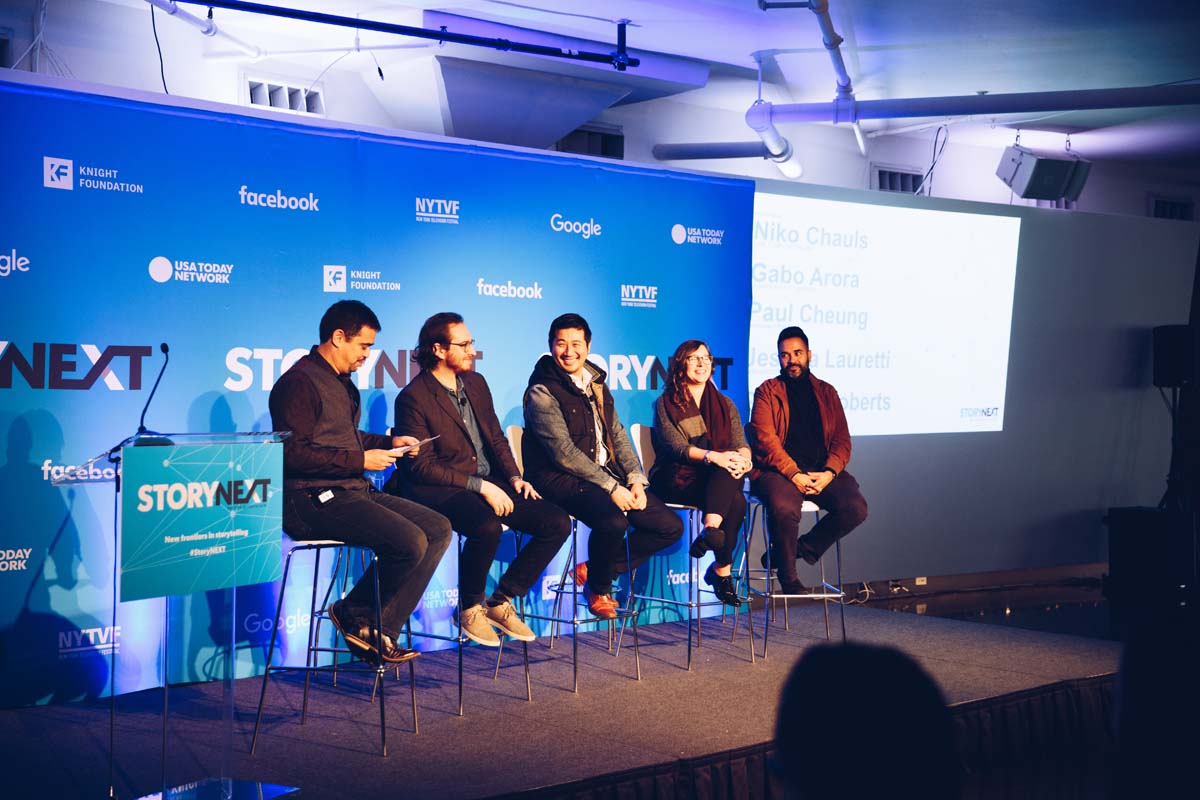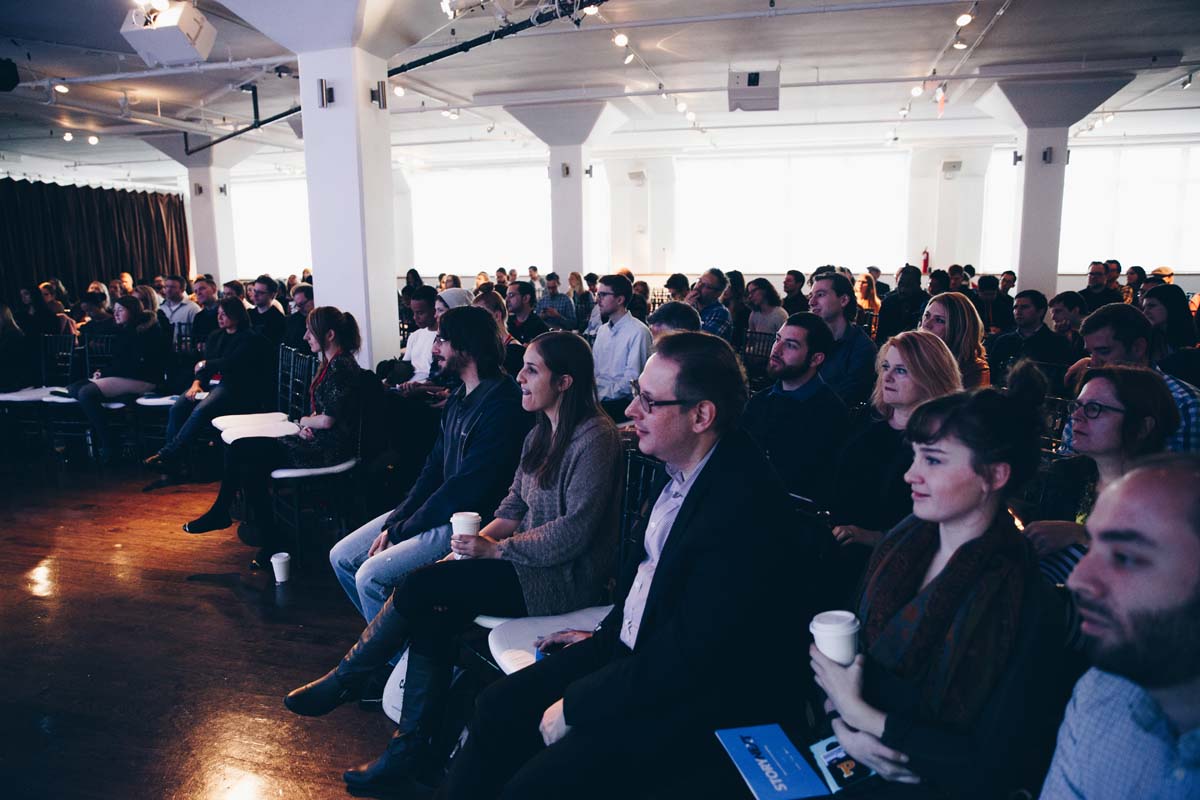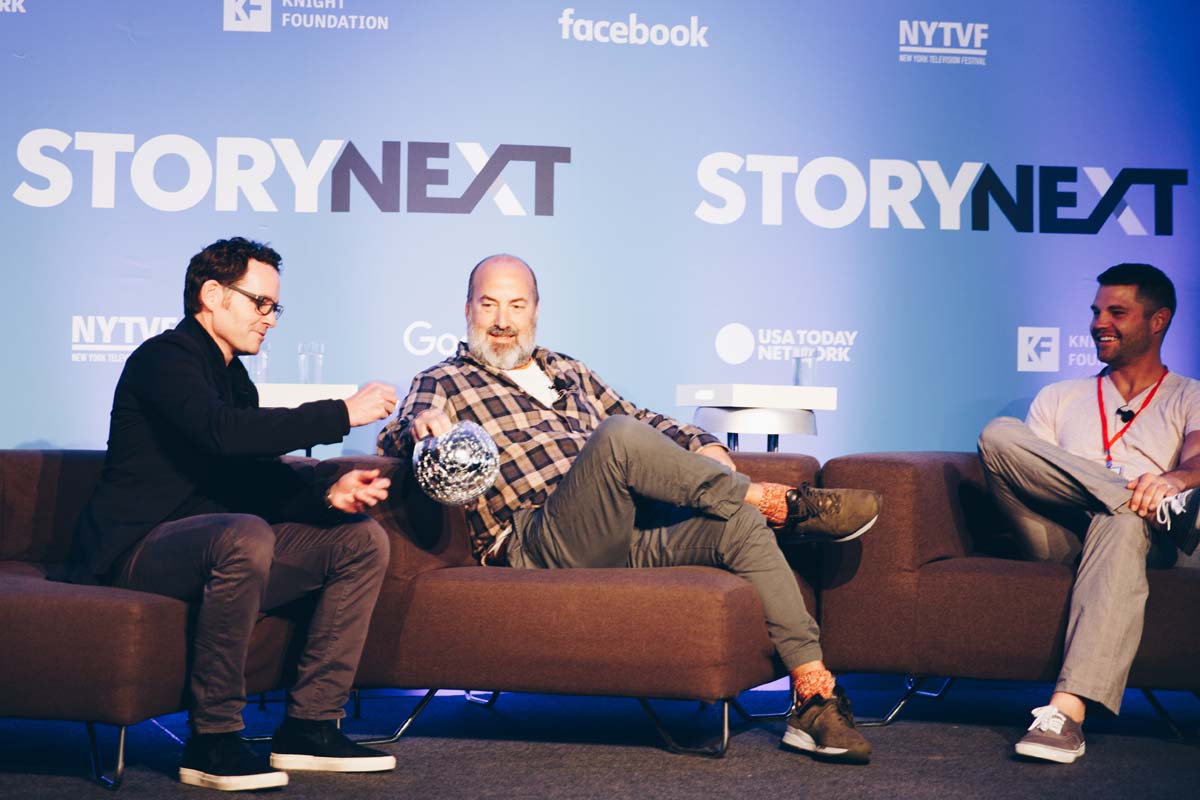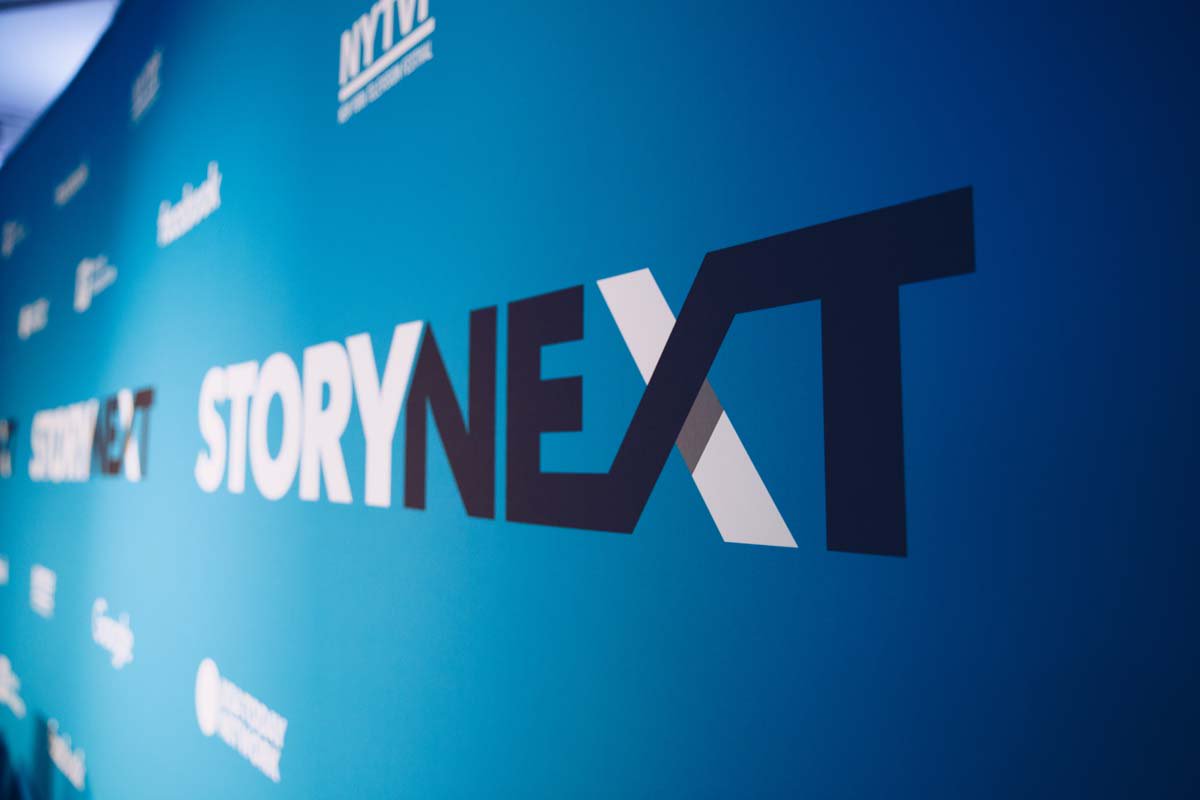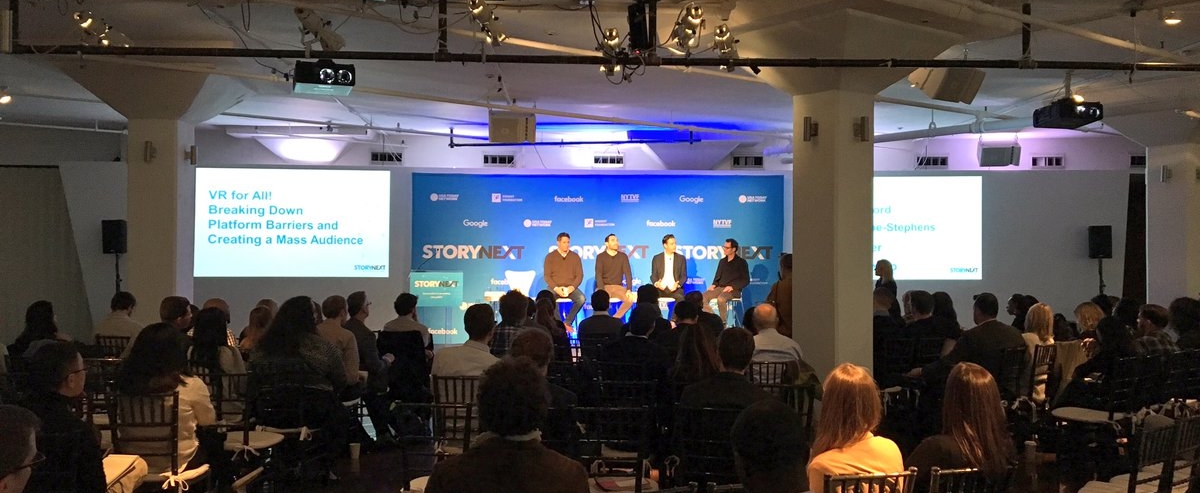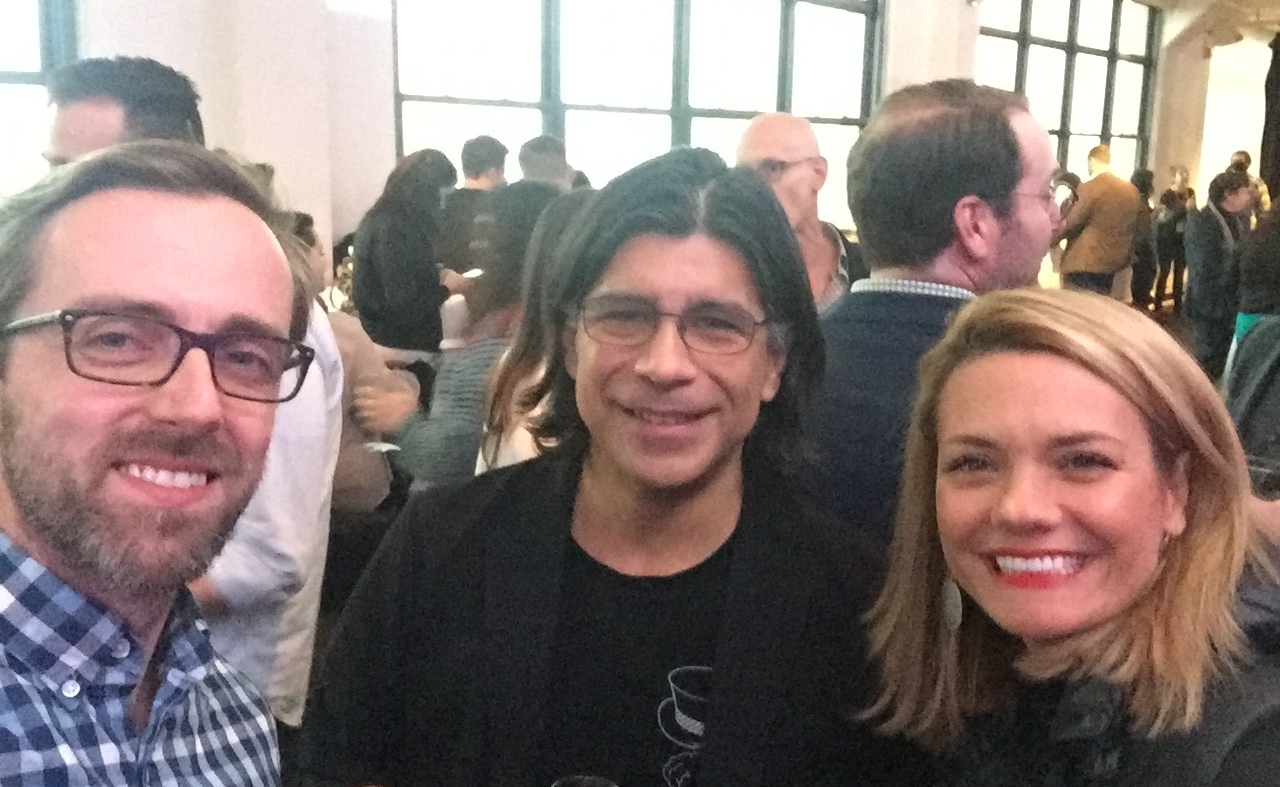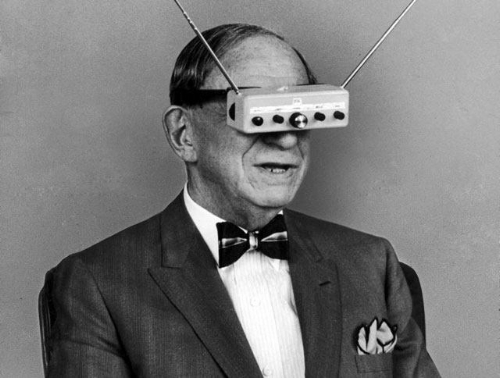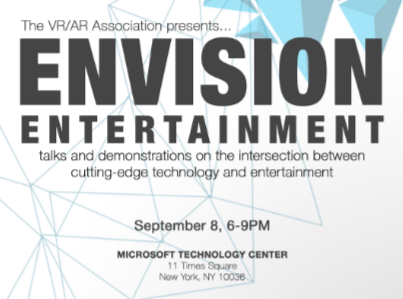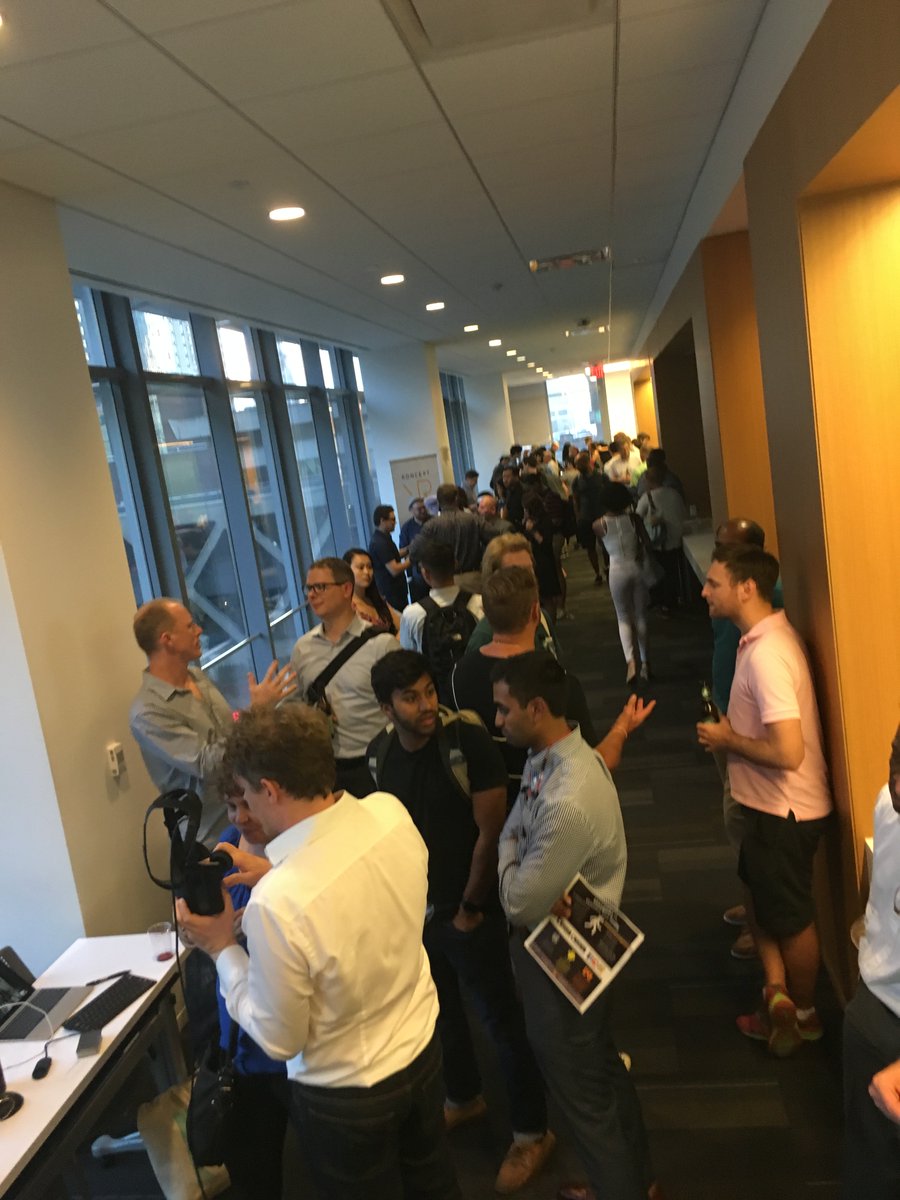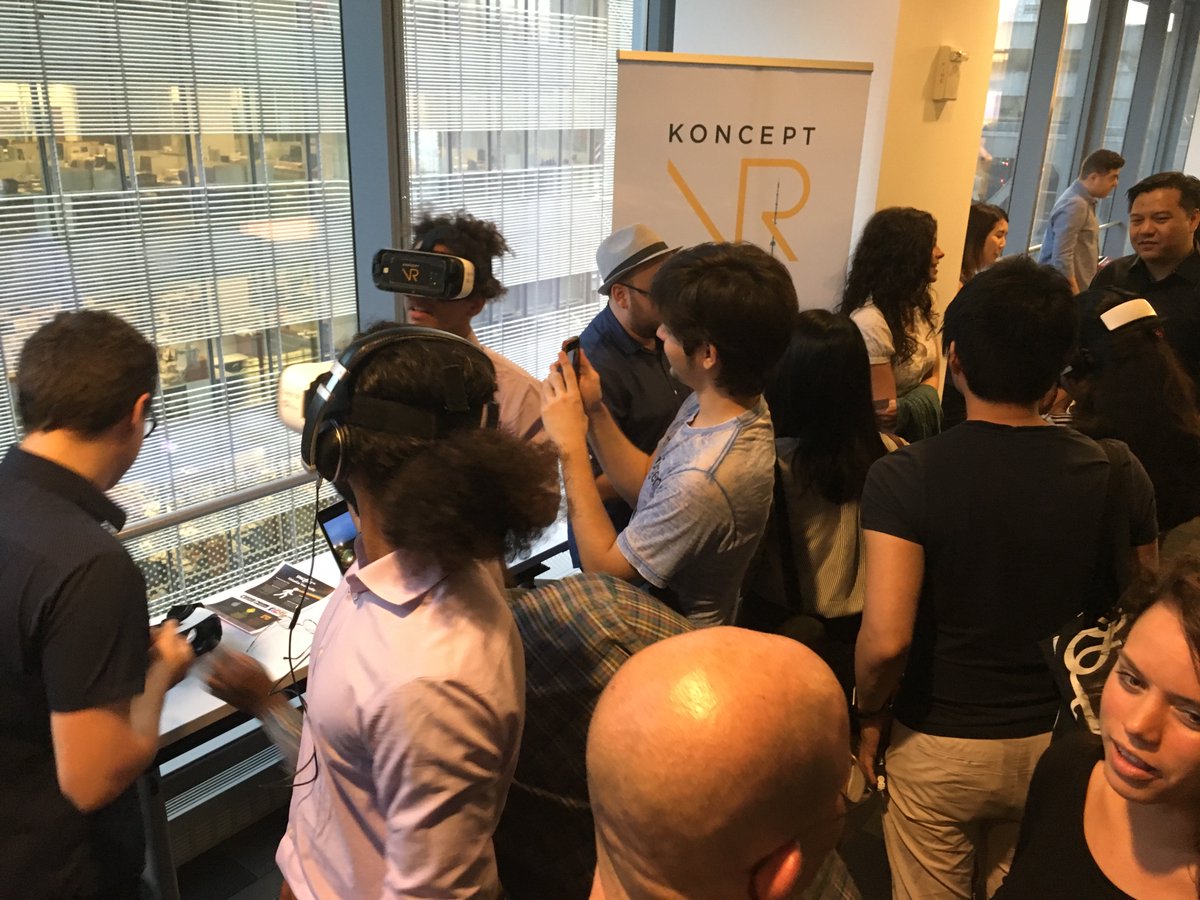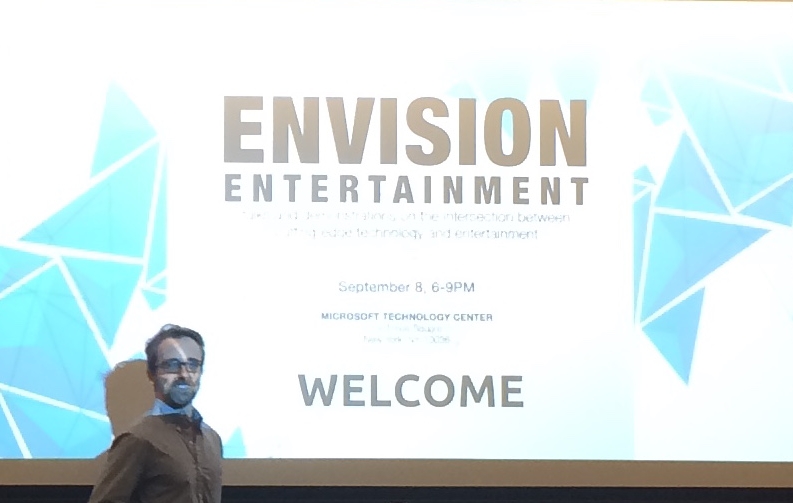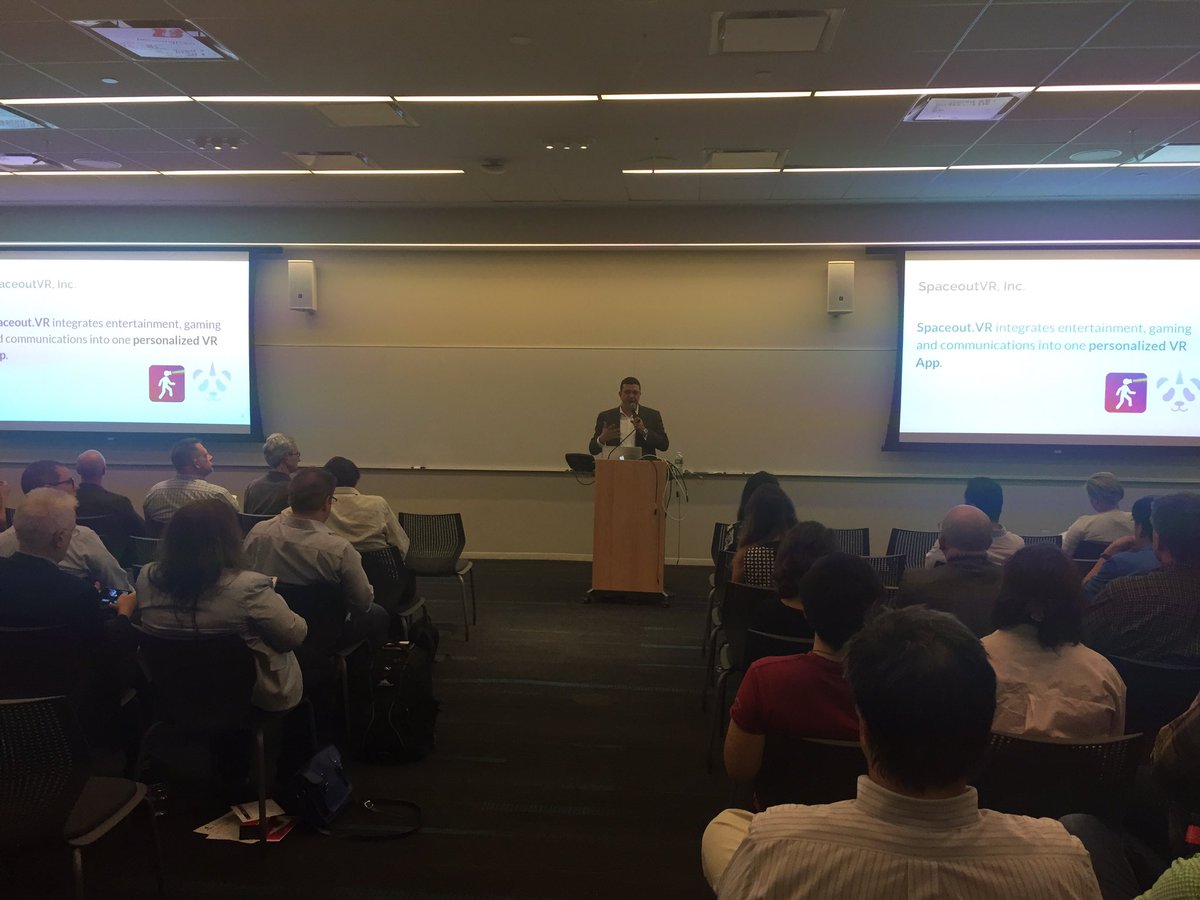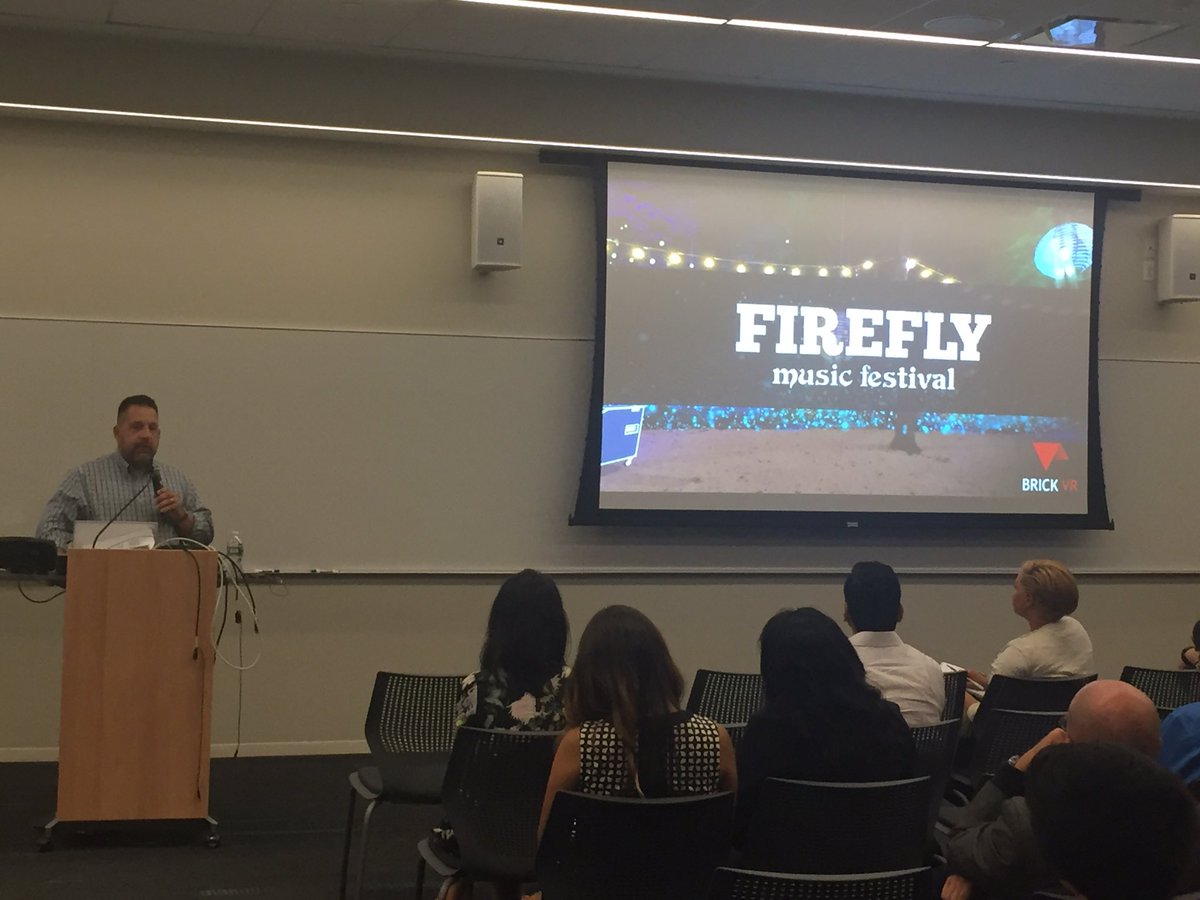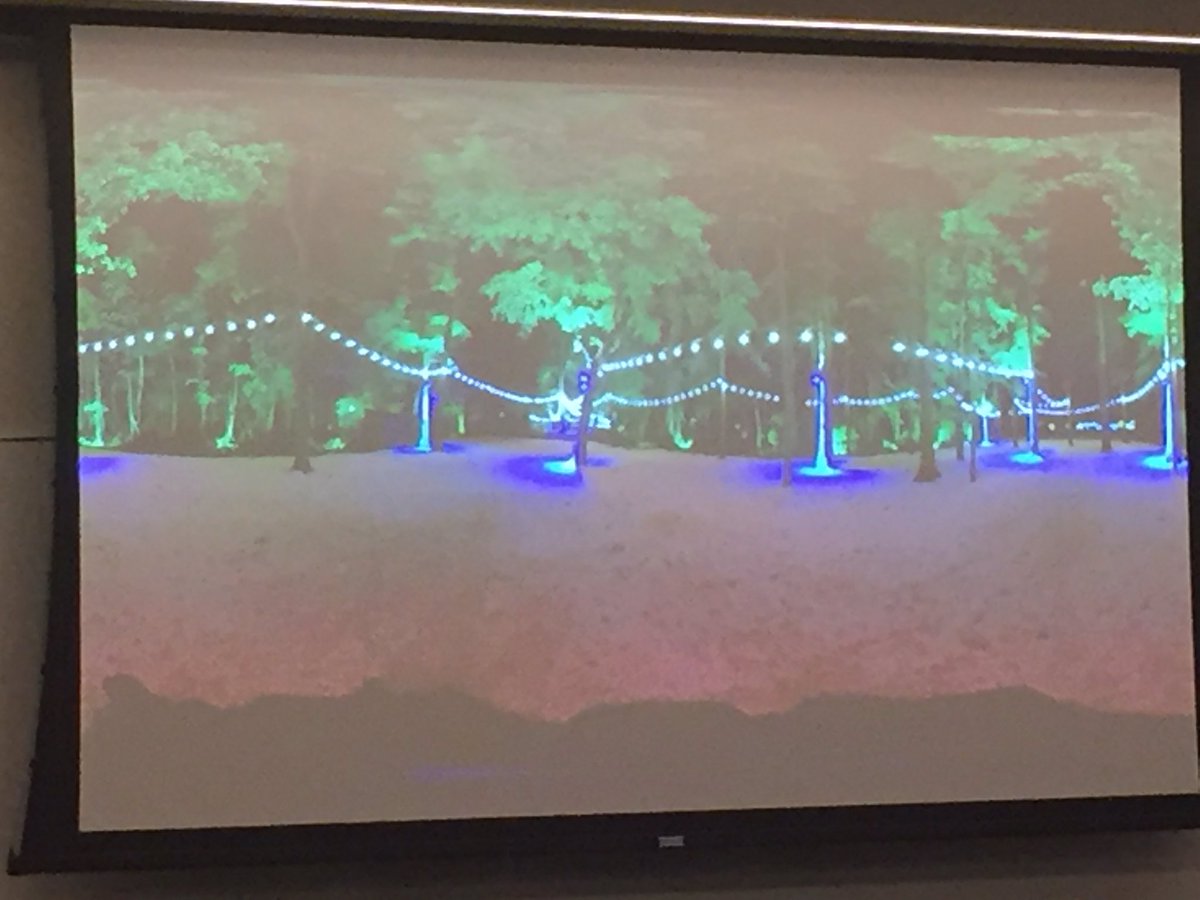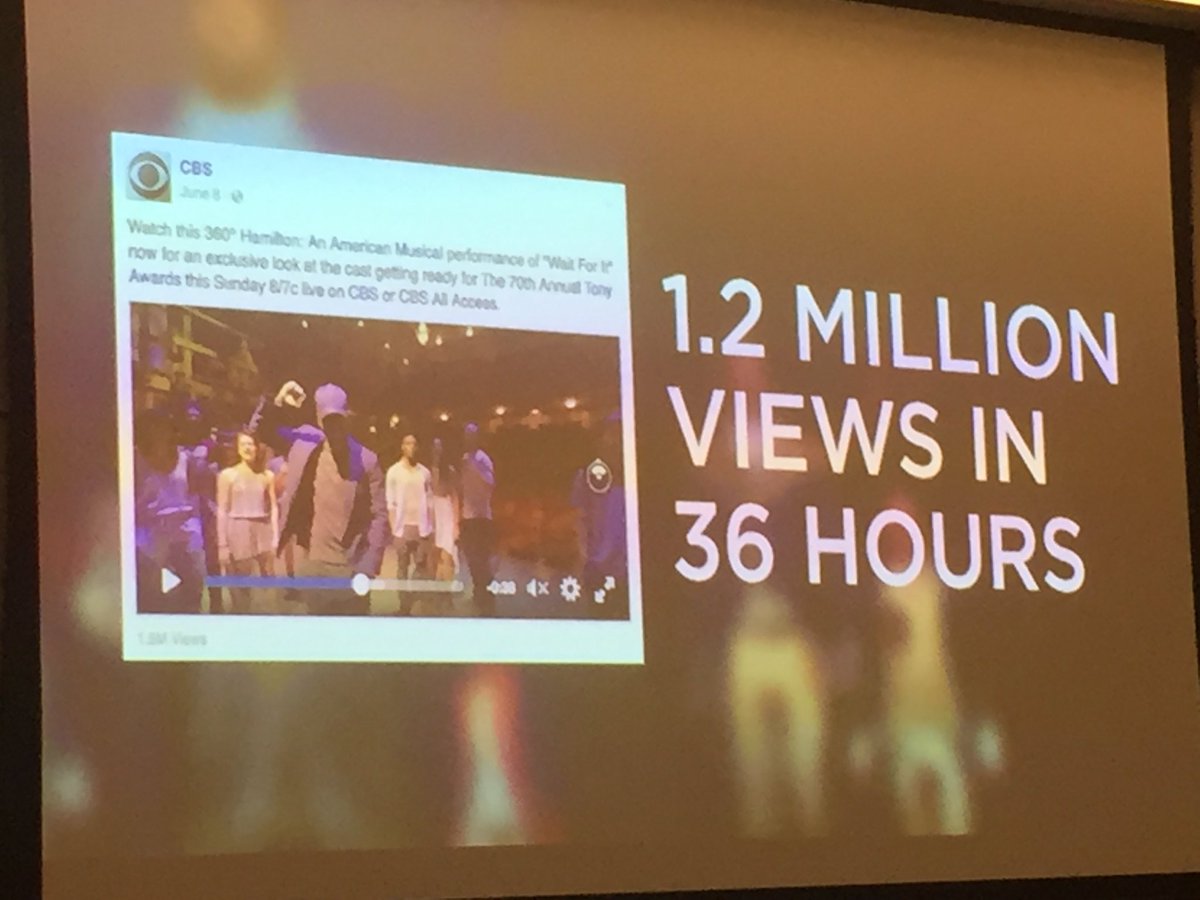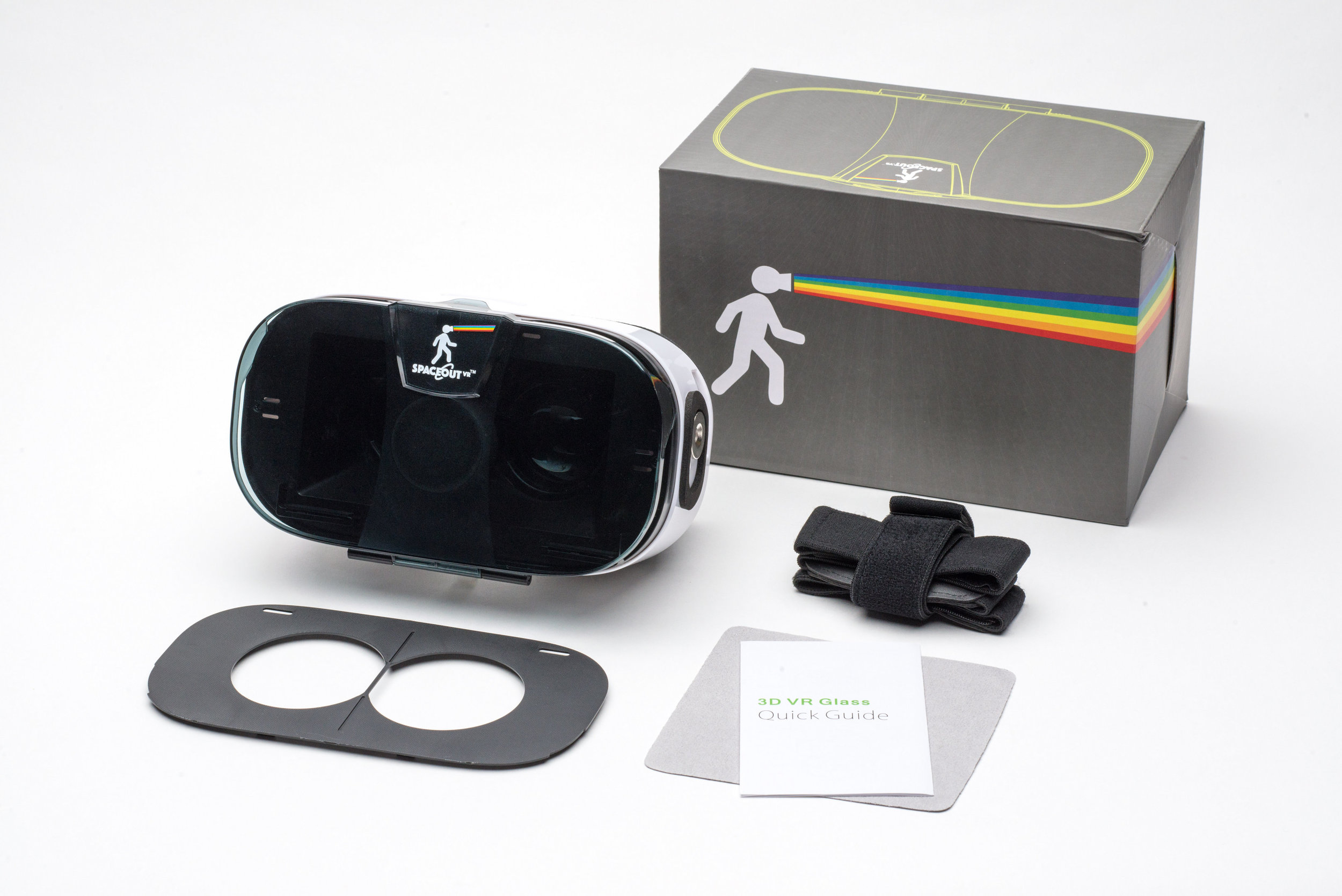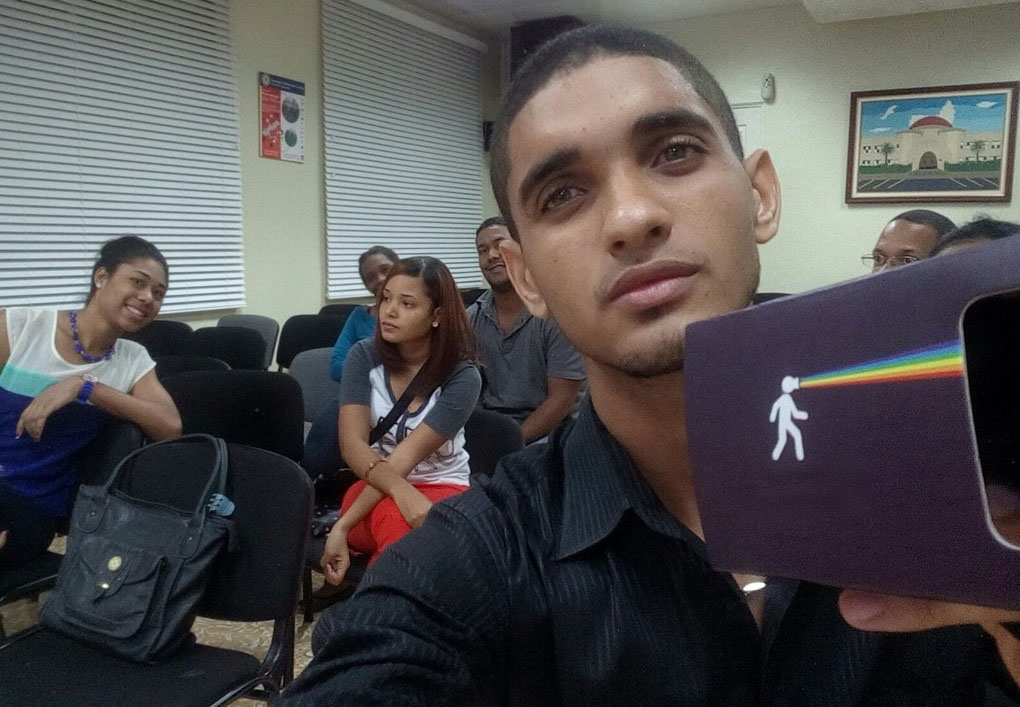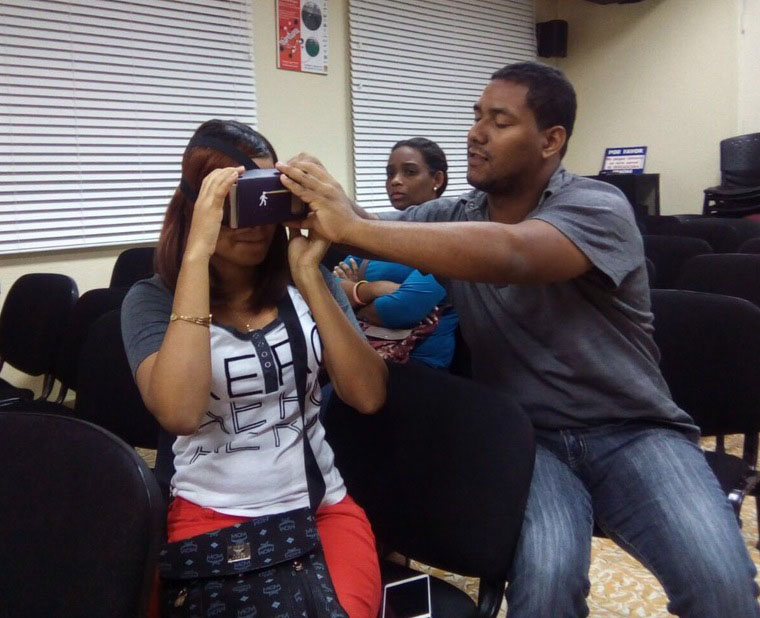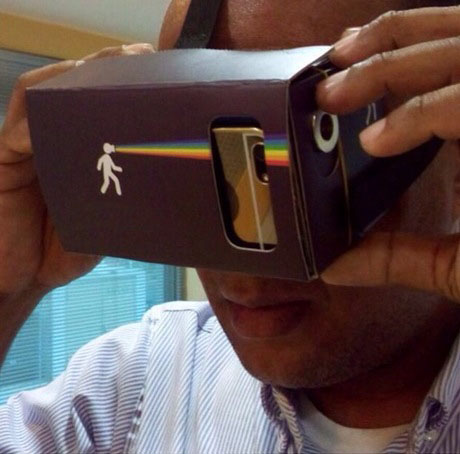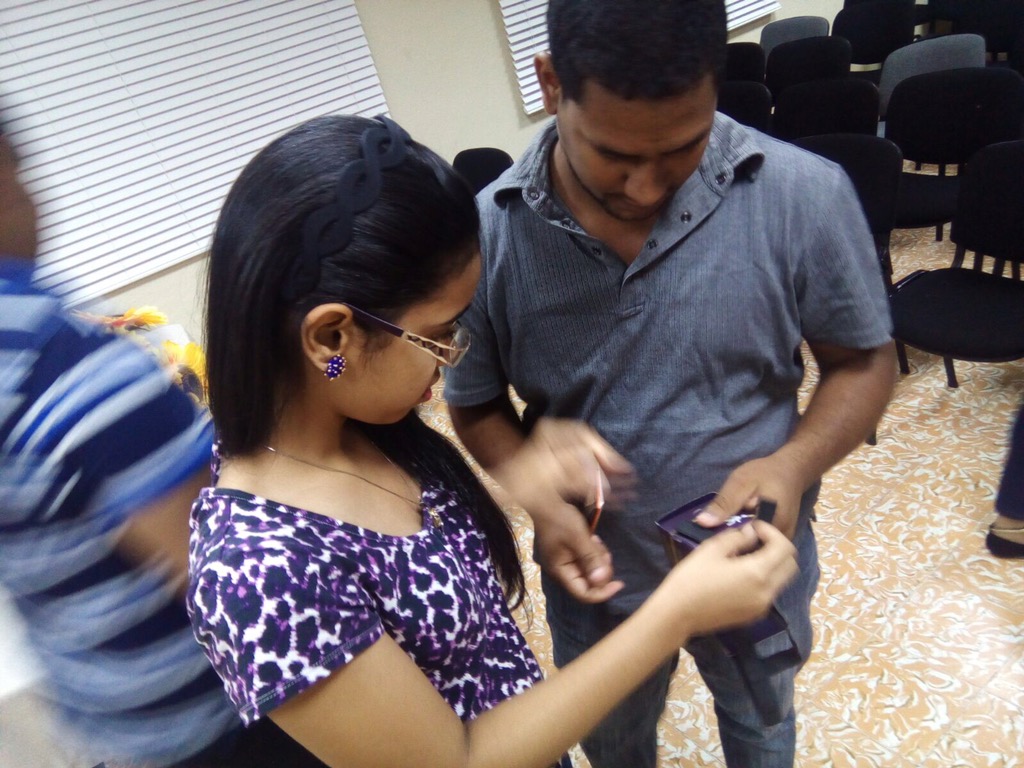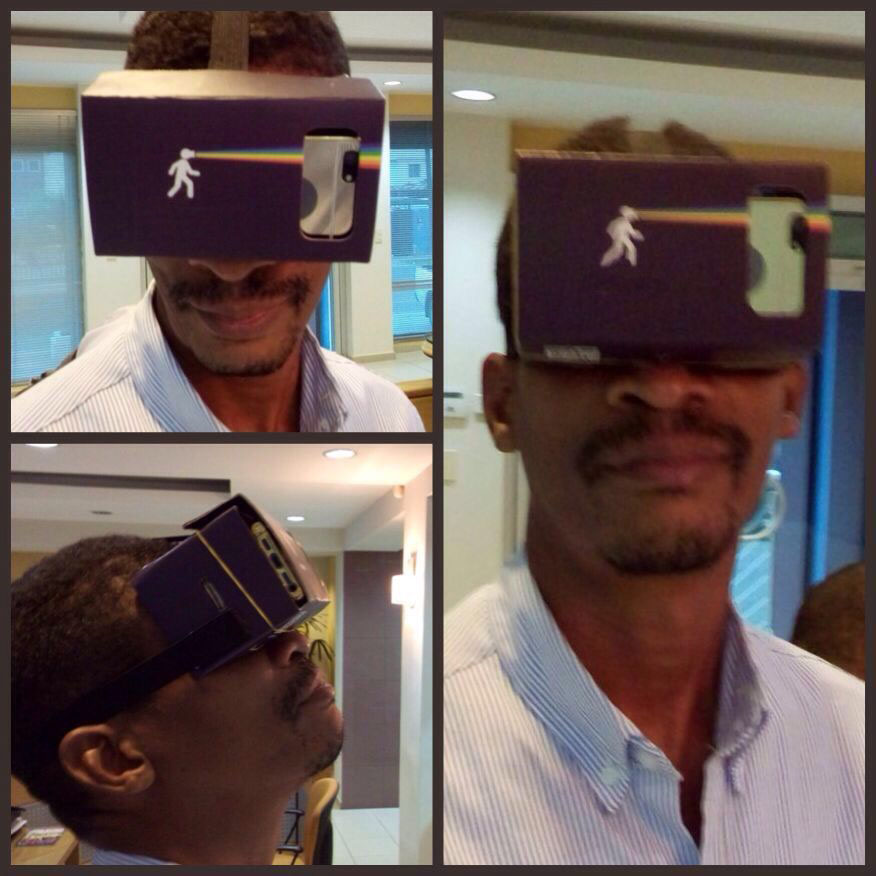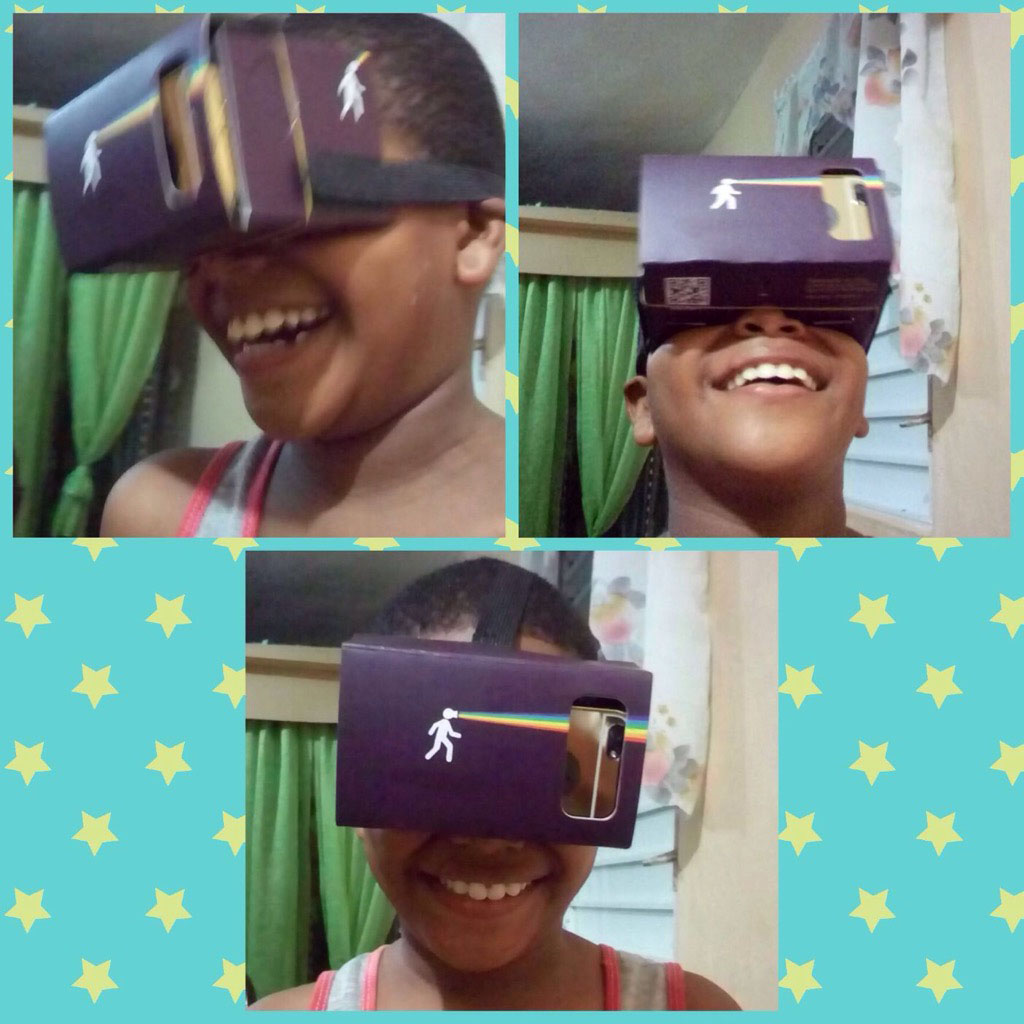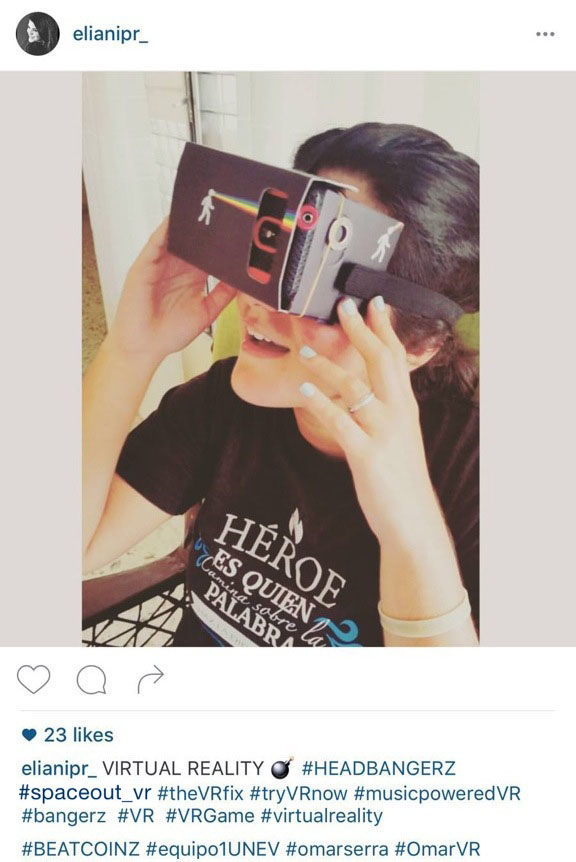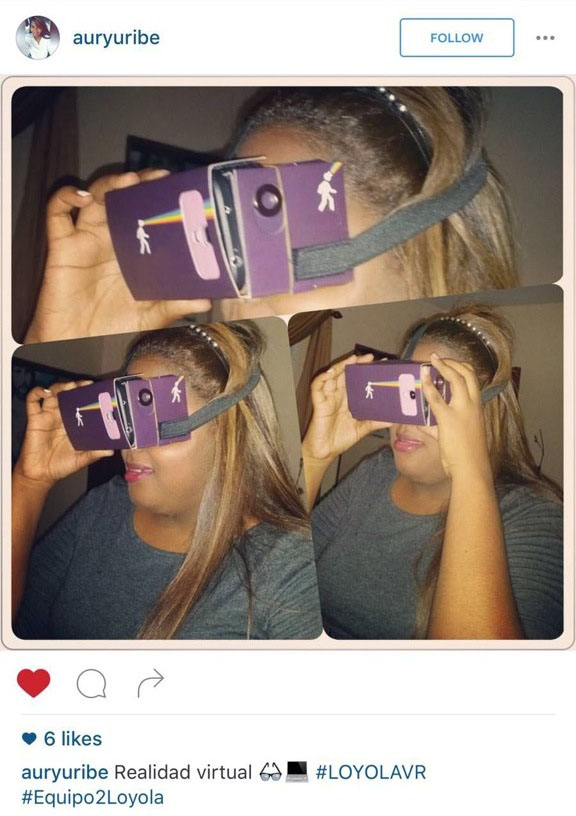Below is guest blog post from VRARA NYC Chapter member SpaceoutVR about an ongoing effort in the Dominican Republic to introduce Latin American university students to Virtual Reality and inspire the next generation of VR Entrepreneurs.
SpaceoutVR donated branded headsets to the program and plans to continue to support this project, called BUSCAN2. Included is an interview with the founder of BUSCAND2, Omar Serra.
FOSTERING “VR ENTREPRENEURS” IN LATIN AMERICA
By Duncan Crary, SpaceoutVR
SpaceoutVR has teamed up with New York City-based BUSCAN2 to introduce Latin American students to virtual reality technology and motivate them to become “VR Entrepreneurs.”
This spring, SpaceoutVR donated branded virtual reality headsets to BUSCAN2 to distribute to students in the Dominican Republic who are learning hands on about VR. Founded by CEO Omar Serra, BUSCAN2 is a motivational program that introduces Latin American students and universities to the educational possibilities made possible through new technologies, while also incentivizing those students with digital currency rewards that can be used to further enhance their educational experience.
“I have been blessed as an entrepreneur, and I want to bring opportunity back to kids in the Dominican Republic and as a whole in Latin America,” said Dominican-born Serra, who now lives in New Jersey and works in New York City. “These are kids that are dreaming about things we take for granted in the United States. It’s a sad reality of Latin America.”
BUSCAN2 is a phonetic-visual substitution for the Spanish word buscando, meaning “searching” or “seeking,” with the number 2 replacing dos. (It’s like how English speakers sometimes type the number 4 in the place of “for,” Serra explains.) The company aims to encourage students in Latin America to focus on their studies by rewarding their academic accomplishments with a digital currency called “Kunis.” Though at first it may seem to Americans like a bribe for studying, the program actually takes away the stress of not having money to pay for school that forces many students to get jobs or, worse, look to the streets for a way to earn a living.
“The sad thing in Latin America is that very little things will take someone away from the task of having a future, and BUSCAN2 wants to continue to be the company that -- in collaboration with the universities -- creates an entertaining and hopeful environment,” Serra said. “We reward kids for going to school.”
Each student in BUSCAN2 receives a Smart ID that holds personal info and a balance of Kunis they have earned. Currently the Kunis can be redeemed only at participating businesses -- such as retailers, restaurants or theaters -- or BUSCAN2 will provide a certificate that functions like a check that can be redeemed by the businesses. In the future, Serra hopes the cards will be more universally accepted and act like bankcards.
“We are still very much in beta,” Serra said. “We are now expanding so that kids can use the currency to pay for school and fund their own projects -- more than just everyday items.”
But where does virtual reality come in? Serra says that back in 2008, he set out to create a “parallel world” in which Latin American students can earn currency for learning and doing good things, as well as connecting like-minded students who are focused on doing better in life. And he wanted to create an environment that would foster a more significant dialogue than one finds on many other social media sites. With the recent marriage of virtual reality and smart phones, Serra realized the technology is now affordable and advanced enough to create that world.
“Buscan2 now has all these things that can be translated to VR. So, when the day comes you can take your course at home through VR. You can buy all your books through VR. And you can continue to earn currency that you can spend in the virtual world,” Serra said. “What’s happening now is certainly a game changer.”
Serra also hopes that a partnership between BUSCAN2, Latin American universities and VR companies will create the next generation of digital entrepreneurs who will develop apps and collaborate in the virtual world. It has the potential to be a win for all—the students, the universities, the people of the DR and other Latin American countries, BUSCAN2 and the participating virtual reality companies, he said.
SPACEOUTVR, BUSCAN2 & DOMINICAN STUDENTS
This April, BUSCAN2 organized a series of VR presentations, hosted by Bracey Smith, at three universities in the Dominican Republic: Universidad Nacional Evangélica (UNEV), Instituto Tecnológico de Santo Domingo (INTEC) and Fundación Global Democracia y Desarrollo (FUNGLODE). The talks attracted hundreds of students, including students from several additional universities. Serra used expensive VR equipment as well as more affordable SpaceoutVR-branded smart phone/cardboard viewers to demonstrate the technology and its applications.
BUSCAN2 awarded the donated SpaceoutVR cardboards based on the results of a contest so that they can continue to use them and learn about VR. Thanks to this initial presentation, Serra said a teacher and students at Instituto Politécnico Loyola (Loyola Polytechnic Institute or IPL) took the initiative to create their own “How to create VR content” class that meets on weekends outside the normal school schedule. Though not an official university course, yet, the school did donate the classroom space, Serra said.
But these students aren’t just interested in VR because of the fun and games. “It’s the dream of every kid to be another Mark Zuckerberg -- to create another Facebook,” Serra said. “They were thinking of becoming entrepreneurs but they didn’t know in what space. Now they chose VR.”
Dennis Adamo, Commercial Director and COO of SpaceoutVR, said he is interested in helping BUSCAN2 accelerate the program by supplying more corporate sponsored headsets.
“We thought it was an important opportunity for us as a company to spread VR, get students and teachers around the world to try VR now,” said Dennis Adamo, SpaceoutVR Commercial Director & COO. “I think this is going to be an ongoing SpaceoutVR program that serves our company commitment to corporate social responsibility and being good global citizens.”
For more information, see SpaceoutVR on www.spaceoutvr.com









